 Harvey Kurtzman and Patrick Rosenkranz in 1972. Photo by Ginny Rosenkranz.
Harvey Kurtzman and Patrick Rosenkranz in 1972. Photo by Ginny Rosenkranz.In 1972, while I was visiting my parents in New Jersey for Christmas, I took a train to New York for an appointment with Bruce Harris at Crown Publishers to discuss my proposed book on the history of underground comix. They had just published The Joy of Sex, with many illustrations of sexual activity, so I thought they might be liberal enough to publish dirty comix. They were interested enough to offer me a contract and an advance but that’s another story for another time.
I also scheduled interviews in the city with several cartoonists. I met with Hurricane Nancy Kalish, who did a strip in the East Village Other called “Gentle’s Tripout,” and with Len Brown at Topps Chewing Gum. I looked up Yossarian (Alan Shenker) in the Lower East Side and after our interview he gave me a thick folder of clippings that Tuli Kupferberg had collected from a variety of underground newspapers around the country.
I arranged an interview with Harvey Kurtzman on Dec. 20th at his home in Mount Vernon and took the train there one evening along with my wife Ginny to discuss an unusual subject with him – The Senate Comic Book Hearings of 1954 and the subsequent establishment of the Comics Code Authority. Kurtzman’s boss at EC Comics, William Gaines had been grilled over the coals by Senator Estes Kefauver of Tennessee about the content of his comics, including Haunt of Fear and The Vault of Horror. Legal action by Congress was avoided by a self-policing proposal by the comic industry, which would examine and censor new comic pages before they were published and give a seal of approval to the ones who showed “good taste.” Without the CCA seal on the cover, national and local distributors would not handle them anymore.
I brought my transcript and notes of the 1954 hearing with me. Kurtzman was not a witness before the Subcommittee to Investigate Juvenile Delinquency but he was aware of them as they happened. He watched as the rivals of EC Comics took advantage of the notoriety to grab control of the comic industry. He was a little surprised that I wanted to know his recollections of the event, asking me at one point during the interview, “Did you fall into a courthouse or something?” His wife, Adele Kurtzman, was also present and asked a few questions.
HARVEY KURTZMAN: You’re doing a book on the underground comix, which is very interesting. If you spend so much time on it, that probably makes you one the leading expert
PATRICK ROSENKRANZ: I think it is true that I’m the only one in a position to write the book, since no one else has bothered to collect all the information.
Do you have a publisher?
Crown is interested.
What’s in your book?
My first chapter is about the Tijuana bibles in the 1930s and the second chapter is all about the comic book cleanup. The third chapter is about today’s underground comix, starting with a couple of fanzines and college humor magazines, and of course your Help! and the East Village Other, and the comic book revolution on the west coast. Then the fourth chapter is about underground comix in Europe, and the final section is a bibliography of all sorts of books, periodicals, and paraphernalia that deal with the comix in one form or another.
 The End Funnies by Robert Crumb, Gilbert Shelton and Harvey Kurtzman, from The East Village Other Vol. 4, no. 46, 1968.
The End Funnies by Robert Crumb, Gilbert Shelton and Harvey Kurtzman, from The East Village Other Vol. 4, no. 46, 1968.ADELE KURTZMAN: Are the underground comix a new phenomenon?
I think as far as progressing the comics medium they are.
I think I detected in your chronology a lack somewhere between the dirty books and comix that you should think about. College humor magazines were really where everything existed as far back as I can remember. All the cartoon satire was happening in college magazines.
You mean even in the thirties and forties?
I think so. As a matter of fact, some of your old New Yorker magazine people were outstanding college magazine editors, people like Robert Benchley. They were the first graphic satire that I was aware of. I used college humor magazine cartoons in Help! magazine all the time. We used to collect them into a section and reprint them and give the college magazines credit. I made friends with Bob Grossman and with Gilbert Shelton that way.
When Shelton was working for the Texas Ranger?
Shelton seemed to come from everywhere. The college humor magazines would pick up each other’s work and reprint it, so you’d see Shelton’s cartoons in all the college humor magazines across the board.
There was a fanzine called Wild that Jay Lynch did stuff for. Foo was a fanzine that Robert Crumb and his brother Charles did.
There’s a very peculiar similarity in their work. His brother isn’t like him at all, and yet he is like him. Bob had all kinds of plans to take him to California, but he never did. The brother seems to be a reclusive type of guy and obviously neurotic.
Getting back to the comic cleanup … I went through this report and I found several things that I want to know more about.
I remember when all of this was happening. You probably have a lot of Gaines testimony.
Yeah, I have the entire transcript. They sure gave him a hard time. He’s lambasted from one end of the report to the other.
He was very central to that whole comic book movement. They had their knives sharpened for it.
In this report, someone mentions that the sales of comics are usually 60 to 65 percent of what’s actually printed, except Dell.
That’s the way they play the game. In the magazine distributing structure, much of what you print disintegrates in the process. Comics are notorious for that because distributors don’t like to handle comics because the percentage of profit is small. There’s only so much room in their trucks. If they have Superman for ten cents and Playboy for fifty cents, and they both occupy approximately the same amount of space, and if they make 25 cents on Playboy and four or five cents on Superman, who do you think they’re going to want to handle? When they have something they don’t want to handle they don’t take good care of it. Sometimes they don’t even bother putting it out. The poor little candy story guy is the one who pays for the books and then he gets his money back when he hands the unsold ones back. He’s the fall guy in a sense, but that’s understandable. You force them to take your magazines very often by the size of your franchise. If you’ve got one title, forget it. If you’ve got one hundred titles, or fifty titles, like Dell or DC, then you’ve got a certain amount of integrity, because you are an important customer. You’re asking questions that call for murderously dull answers.
One critic claimed that comic publishers or distributors used their own trucks to avoid post office prosecution and interstate commerce prosecution.
That too. Then again there are subscription, which are a marvelous business. If publishers can work on subscriptions alone, they cut out two very big chunks of their expenses. The national and regional wholesalers take a fierce bite.
There was a Committee on the Evaluation of Comics in Cincinnati who rated comics for objectionable material. Do you know about them?
There were a lot of committees and Catholic organizations that used to rate magazines. Do you know Dean Latimer? He got pretty steamed up writing about Dr. Wertham. I spent an evening with Latimer telling him about my memories of Wertham. I never liked what Wertham was doing. I went to a lecture once when Wertham was in his heyday with the comics. He hadn’t done his book yet, Seduction of the Innocent. He was sponsoring a guy named Gershon Legman, who was a pornographer of sorts, and was lecturing against comics. I’ll never forget the experience of watching this man who hypnotized me immediately. He had all these comic books covers spread around the room and categorized “anal worship” or “flagellation.” He’d have Porky Pig being kicked the ass and that, to him would have some profound Freudian significance. He’d be saying “the viciousness” and “the horrible” and banging on the table. He was probably the most vicious guy I ever met.
ADELE KURTZMAN: Remember he used to send you mysterious postcards?
Yeah, we corresponded for years after that. This was Wertham’s lieutenant. My impression of Wertham was that he was one of those guys who write about how to cure sickness and he’s sick himself. Heal thyself, physician.
He claimed there were a lot of ads for switchblades and guns and things in comic books.
Sure, there were. And itching powder and bull whips and fake crocodiles and courses on how to hypnotize girls and make out, the stuff that’s been running in magazines for years. When someone comes along and says, if only you would cut this and that and the other thing out, you would change society, it drives me crazy. I think essentially society dictates the fact of this literature being there is because society wants it. The marvelous thing to me is that kids can get into everything. There is no way in the world to keep kids away from what they really want.
There was an Association of Comic Book Publishers and Gaines claimed that he was one of the charter members. They issued a newsletter.
I think you’re talking about something that happened in response to national pressures that put Gaines out of business. There was this publisher named Goldwater who had Archie comics. All the guys who had so-called clean comics were all for cleaning up the comics because they had nothing to lose. The guys who had the so-called dirty comics were against cleaning up the comics because they had everything to lose. Now the sad thing about it all was that these guys who were doing the “clean comics” were actually doing rotten comics. You can’t do anything that has any solid entertainment value without putting guts into it. The guys with the guts were the ones who were the villains in the investigation.
Who else was singled out besides Gaines?
Gaines was very central to the investigation because his stuff was the most controversial. He started several trends and the people who followed the trends were probably also guilty of what the investigation was accusing him of.
 Cover to Vault of Horror #35, art by Johnny Craig.
Cover to Vault of Horror #35, art by Johnny Craig.ADELE KURTZMAN: Was EC the most popular comic of that time?
I’d say the most consistently popular comic publishing company was DC.
Dell claimed they were outselling everyone.
Possibly. Dell deals in those floppity rabbit books. The EC books depended completely on the artistry of the writers and the artists. Dell books were completely superficial.
I’d say the EC fans were the most rabid of all the fans.
I’d say the EC books were the most influential than any of the comic books. They influenced people’s lives, as opposed to the Dell books which didn’t influence anything as far as I can imagine.
Gary Arlington is always talking about EC comics. You should hear him talk about you, like the day his hero came into his store.
Crazy guy. How’s he doing?
He’s fine. I have some pictures of him to show you. Gaines said the annual dues for the Association of Comic Book Publishers were something like two grand a year. What did they do with their money besides publish a newsletter?
They censored books. You’d have to take all your pages up to their office and have somebody check them through.
The attorney for them claimed that it wasn’t done, that nobody did it. There was no one who actually did any censoring and there was also no copyright on their seal of approval, so people were using it with their permission.
After the investigation it was very specific. You had to take all your pages up to the Comics Code Authority.
Do you remember the testimony of Walt Kelly and Milt Caniff? They claimed they didn’t know any of the EC artists.
Walt Kelly was a stuffy …
He offered to take the horror comic book artists outside and biff it out with them.
He’s a nasty man. At one point he put down the artists as being second or third rate and that was really stupid. We were doing very good artwork. Walt Kelly saw himself as the epitome of cartooning and was never very tolerant of anything else.
He made some claim that when he worked for comic books himself, he made a single-handed effort to clean up the whole industry
He was a very unpleasant fellow. I never heard anything nice about Walt Kelly personally.
What about Caniff?
Caniff is a nice guy. My personal experience with Caniff has been very good. He’s a conservative man.
Did the Comics Code Authority form right after the senatorial investigation?
I don’t know what the sequence of events were. What did happen right after that was significant was that the distributors got together and said, the congressmen said you guys better clean up your comics. The Association of Comics said, "OK, we’re going to censor our own comics and the distributors said we will back you 100%." That sealed it up. When the distributors said we’ll back you, it meant we aren’t going to distribute anything that doesn’t carry the censorship seal.
They complain in here about St. John comics. They published Tomb Horror and The Clutching Hand.
The whole industry was floundering at that time and the only successful line was the EC line, so they all started trying to outdo the EC line in horror. All kinds of trashy things came about, as always in the comic business. It’s a dog-eat-dog business. Unfortunately, the comic business has been traditionally more dominated by certified public accountants than it has by artists. As a result, it’s never been as artistic a medium as it might be. What happens is when artists have a free hand then you get a lot of artistry and when the CPAs lose out then you get a lot of bad business. There’s no doubt about that. But artists are artists and accountants are accountants. They all specialize in their particular work. I’m interested in the artistry of comic books as I’m sure you are. Artistic efforts come and go on the basis of how important the artists are in the medium. It’s like Rene Goscinny’s stuff in Paris. He’s turning out beautiful cartooning. His artists have support, respect, and integrity. Rene Goscinny is the editor of Pilote. It’s some of the most marvelous cartooning being done in the world today. He does Asterix.
There are a couple of French comic magazines I mention in my book, like Actuel.
Have you seen the stuff by this guy Mandryka? He does the Masked Cucumber, which is the first underground French thing that I remember and you’re going to get a big kick out of it. It’s superior to most of the underground stuff here because it’s unique. I’m very impressed with the French stuff.
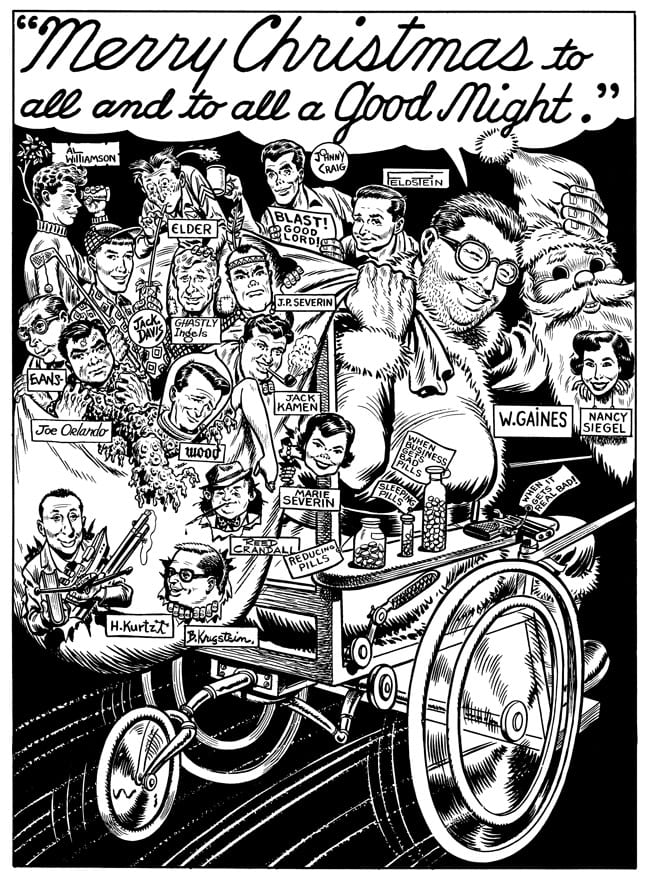 "Night Before Christmas" parody from Panic #1, written by Al Feldstein and drawn by Will Elder (February-March 1954)
"Night Before Christmas" parody from Panic #1, written by Al Feldstein and drawn by Will Elder (February-March 1954)There was an Attorney General of Boston named Feingold, who banned the first or second issue of Panic. He specifically said “The Night Before Christmas” parody was the most horrible thing he ever saw.
I remember now that you told me. Will Elder drew some sort of satirical version of the “The Night Before Christmas.” I guess from a religious standpoint, it was sacrilegious. That happens all the time with publications. They constantly run afoul of local situations and circumstances.
There was another guy named Samuel Roth, who refused to testify.
Roth was the king of the porno publishers.
The reason they brought him there to testify was to ask him if he bought mailing lists from comic book publishers or advertisers. Was this a common practice?
It’s a common practice today. Everyone sells mailing lists.
They claimed some kid would send in to get a kite or a bicycle and then they would get obscene solicitations.
Mail order lists don’t have anything to do with comic books. If there’s a salve company selling a magic acne ointment, they develop their own lists.
The woman from Dell claimed that she put two full page color ads in the Saturday Evening Post to protest the crime and horror comics.
I knew the woman, Mrs. Meyers. She had a very high standing position in comic books. Her books were beyond reproach. The one line that would refuse to have anything to do with the comics code was Mrs. Meyer’s Dell Comics. The whole idea of them needing a censor was grotesque. Hers were very clean bunny rabbit comics, Disney comics, and they were for younger children.
That sounds boring.
And dull as hell. The investigation wanted the comics industry to police itself and the comics code did this voluntarily.
One guy mentions that the Navy banned certain comics in Korea during the war there for Navy personnel. Were EC among those?
It’s possible they banned our books for being anti-war. It was very easy to censor things in the Army and Navy.
There was another guy named E.D. Fulton who was a member of the House of Commons in Canada. He was a real blowhard who managed to push through some law that said you couldn’t publish or import crime comics into Canada.
What did you do? Fall into a courthouse or something?
It’s in this report, the Senate hearings transcript.
The thing that I remember going on that I dislikes is where the church went around putting stickers on the stores, saying this is approved store. We pledge to only sell clean literature to children.
ADELE KURTZMAN: In the context of the times, wasn’t that around the McCarthy era? Someone could say it’s a dirty communist plot to undermine the children.
One of these guys claimed McCarthy stole their thunder.
What Gaines did, with Lyle Stuart’s help, was he said the censorship was undermining our youth. It was a crafty ploy which as I understand it, backfired.
 Little Annie Fanny in Playboy, March 1966
Little Annie Fanny in Playboy, March 1966Does it take up most of your time to do Little Annie Fanny?
Yes.
I notice that you collaborate with a number of artists on it.
I collaborate. It’s a constant fight to try to pull people into this thing, to multiply the effort. Everything has failed. I always wind up doing the goddam thing with my own hands. I really have to draw people into it. It’s a very difficult kind of thing. I don’t want to leave it and at the same time, I don’t want to get as involved with it. It’s a tender trap.
Do you hold the copyright on Little Annie Fanny?
No, I don’t own anything. I have deals regarding Annie Fanny, deals with Playboy. Nobody holds a copyright with Playboy.
It seems to be a very significant thing that the underground cartoonists have retained their copyrights.
More significant is their profit sharing.
You mean splitting the profits between publishers and artists?
They give their artists royalties, which is the way an artist should be treated. As a result, their stuff is very artistic. The artist is running wild. When you let an artist go crazy, he comes up with some very interesting stuff. Not necessarily saleable, but creative.
Do you get editorial guidelines for Annie Fanny?
Yes, quite definitely. Hefner has very specific borders.
Do you feel a resentment at losing your copyright on the work you did, like for Mad?
Of course I resent it. I was very frustrated.
At the time, did the idea occur to you that you should be able to retain it?
No, it was very unprofessional.
Gaines made a lot of bread reproducing those little paperbacks.
I hear they’ve gone back to press maybe fifty times.
 Postcards Kurtzman sent to Rosenkranz after the interview.
Postcards Kurtzman sent to Rosenkranz after the interview.Ginny and I took the late train back to New Jersey, and when we got back to Oregon, I transcribed the interviews and sent a copy to Kurtzman, along with some of my photos of underground cartoonists that he requested. When Artsy Fartsy Funnies was published the following year, I sent him one, and he replied with another illustrated postcard.

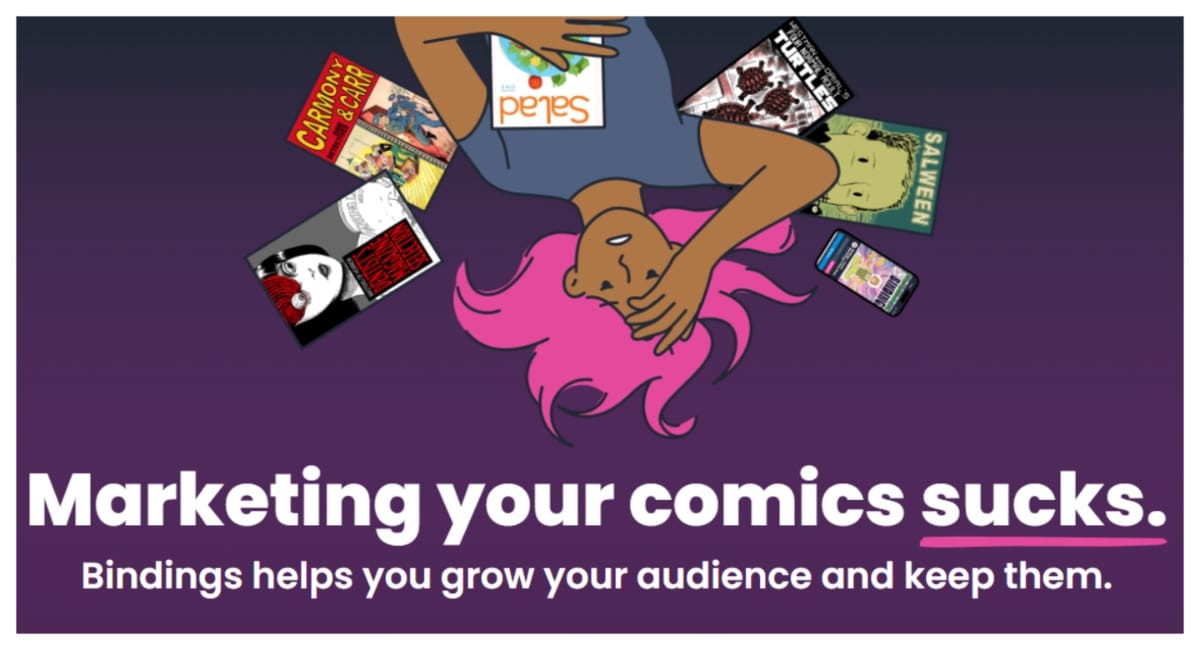
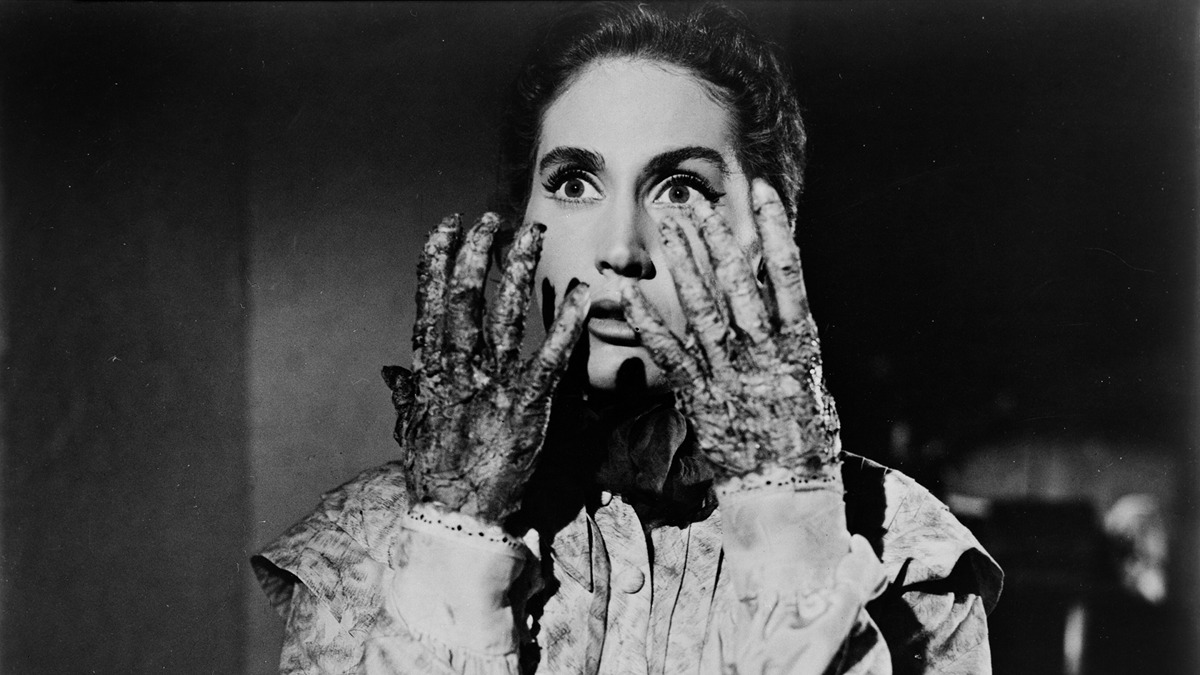
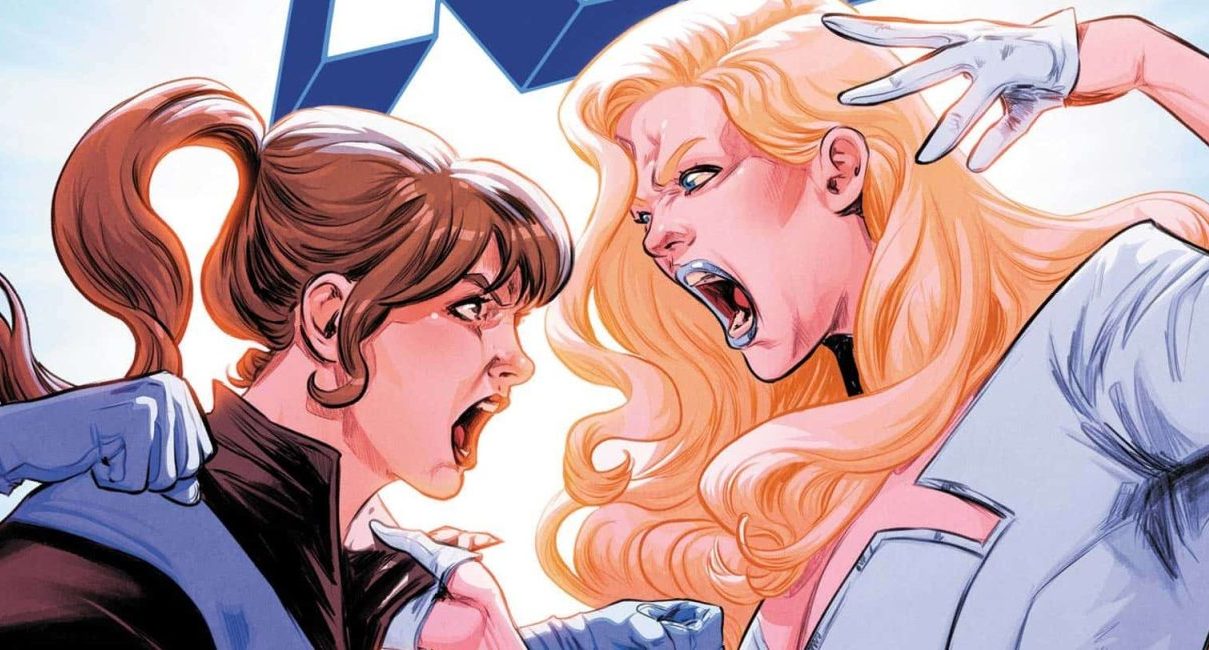
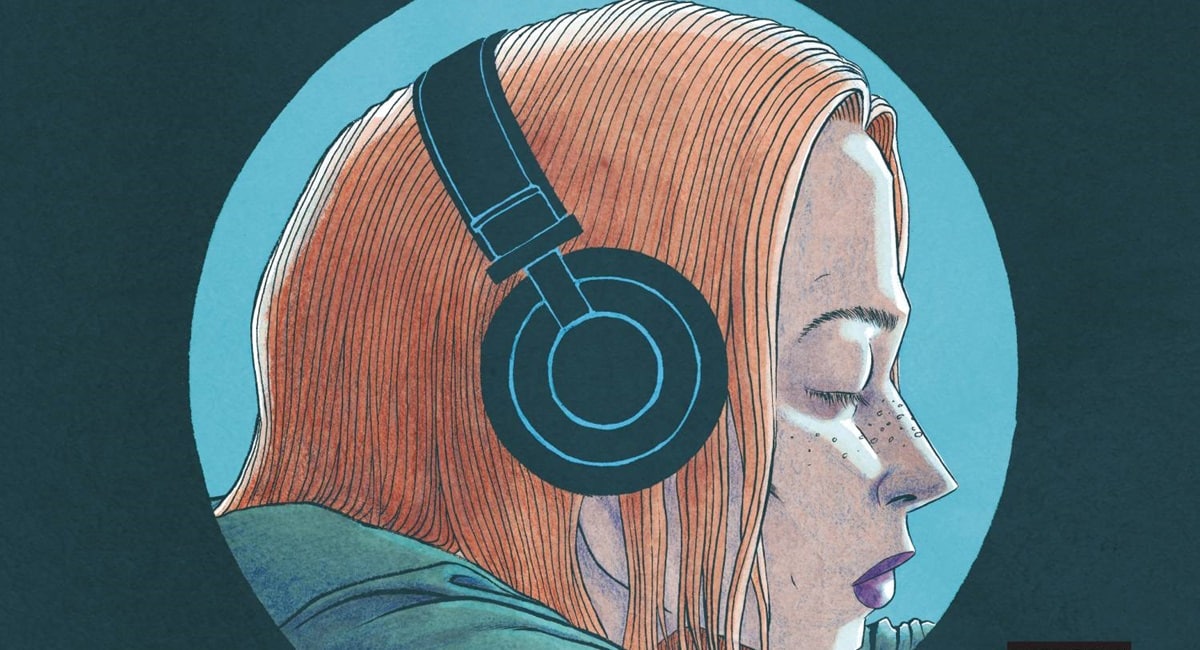
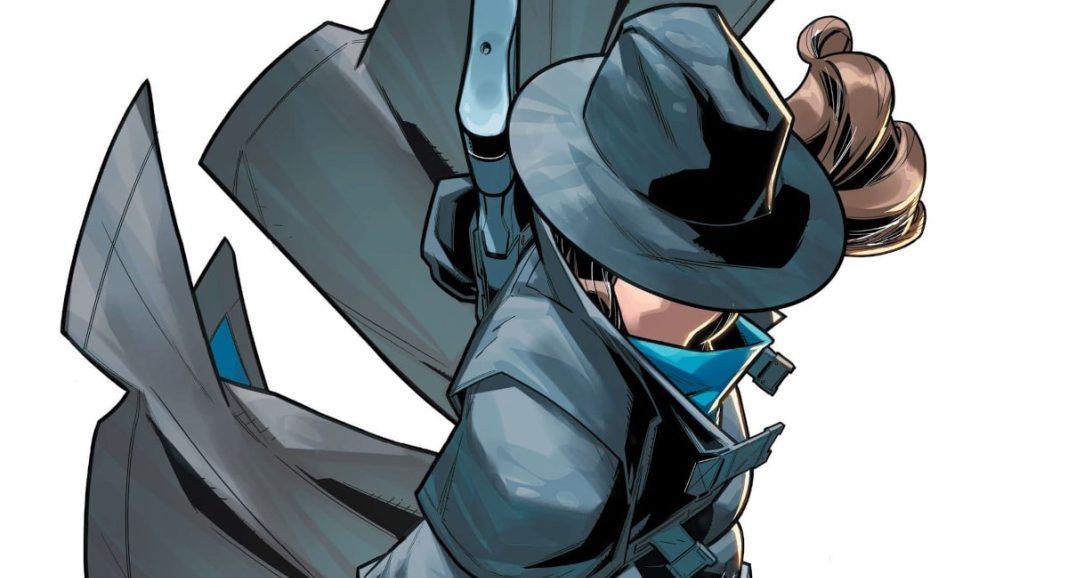
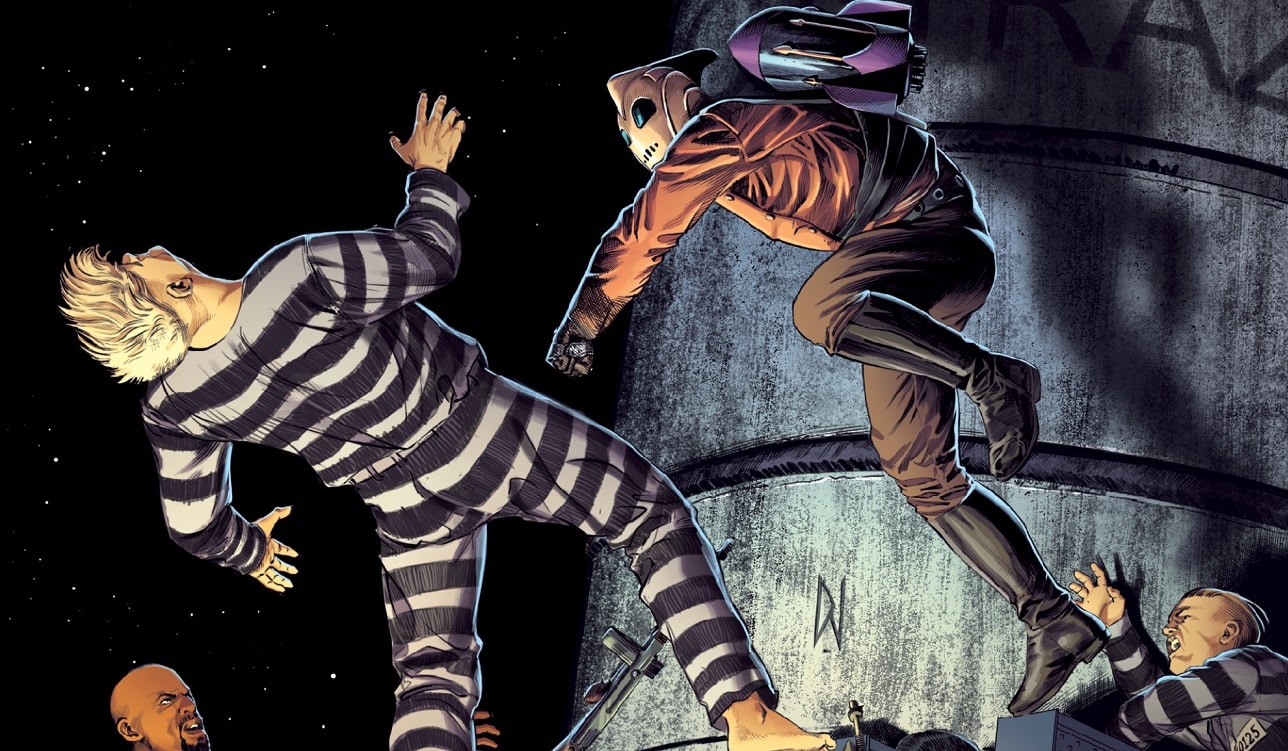












 English (US) ·
English (US) ·